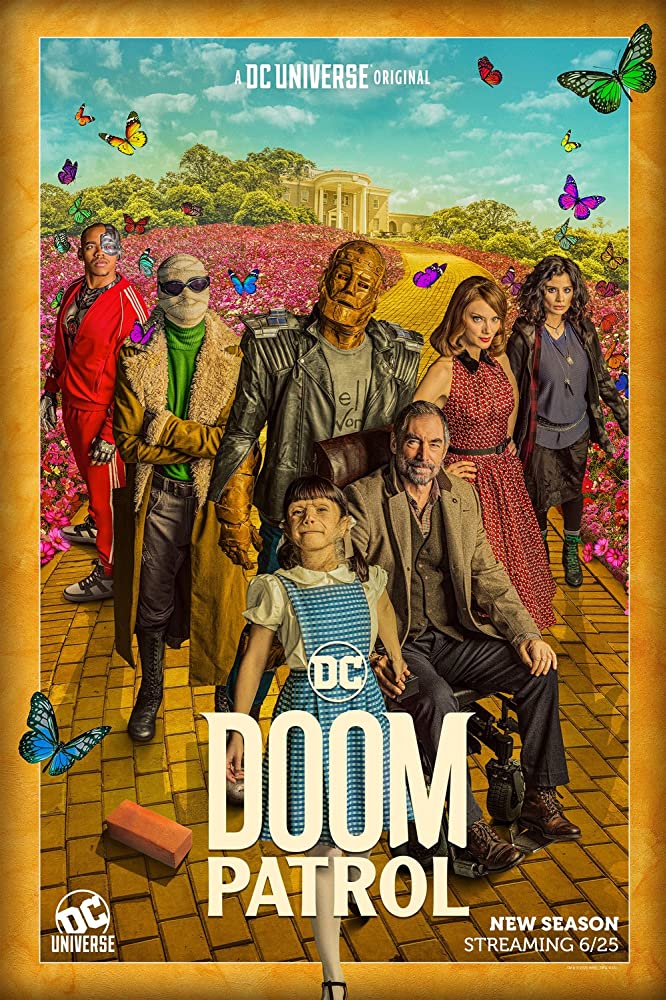Latest Article|September 3, 2020|Free
::Making Grown Men Cry Since 1992
3 min read
Now that feature films are back in production and new TV shows are again filtering onto the airwaves, we can all breathe a collective sigh of relief that the Writers Guild of America strike is over. Right? Well, sorry to be the bearer of (yet more) bad news, but there is the threat of another strike hanging over Hollywood’s head. With the writers properly kicked like the dogs they are, the Alliance of Motion Picture and Televison Producers is preparing to do the same to actors. As it stands, the Screen Actors Guild and the American Federation of Television and Radio Artists contracts are due to expire on June 30. The two guilds were expected to bargain together, approving a joint negotiating strategy; but the two broke their alliance and are still squabbling over territorial boundaries. AFTRA is accusing SAG of muscling into its jurisdiction over daytime soap actors–which could spell trouble for a united front.At the heart of this delicate negotiation are the same issues that plagued the WGA strike–namely, compensation over new forms of media distribution (Internet downloads and the like). SAG boasts 120,000 members while AFTRA has about 70,000 (40,000 of which overlap with SAG), and the two unions are seen as much stronger than the WGA, whom they feel got handed a raw deal at the end of its strike. (A recent episode of “South Park” even lampooned how little WGA was able to milk from its pyrrhic victory.)Hollywood is battening down its hatches, refusing to schedule any TV shows or movies for shoots over the summer. Anything not finished in the next couple months runs the risk of being shut down by an actors’ strike. Steven Spielberg’s The Trial of the Chicago 7 , for example, has delayed its start date until fall. Ron Howard’s Da Vinci Code sequel Angels & Demons is planning to shoot all exteriors before July, keeping all interiors waiting on a soundstage until a possible strike is resolved. Locally, the Albuquerque-lensed blockbuster Terminator Salvation: The Future Begins had all crew members sign agreements specifying how and when they’d leave and return to the set in the event of a strike. Stopping production on a movie is outrageously expensive. Props, locations and crew can’t simply be abandoned. Somebody has to pay to retain them while a strike is going on, and no producer wants to be left holding the bag while an extended strike rages.But will actors actually strike? Pundits say strike-weary Americans won’t be as sympathetic toward, say, multimillionaire Julia Roberts picketing for more money. Let’s hope it doesn’t come to that. An actors’ strike would all but guarantee an end to new TV shows in the fall. NBC Universal Chief Jeff Zucker told an advertising industry meeting in Washington last week that, “I don’t think the economy or the TV business will be able to survive that.” He’s right: Twelve more months of “The Biggest Loser: Couples” and America is doomed. Doomed!



